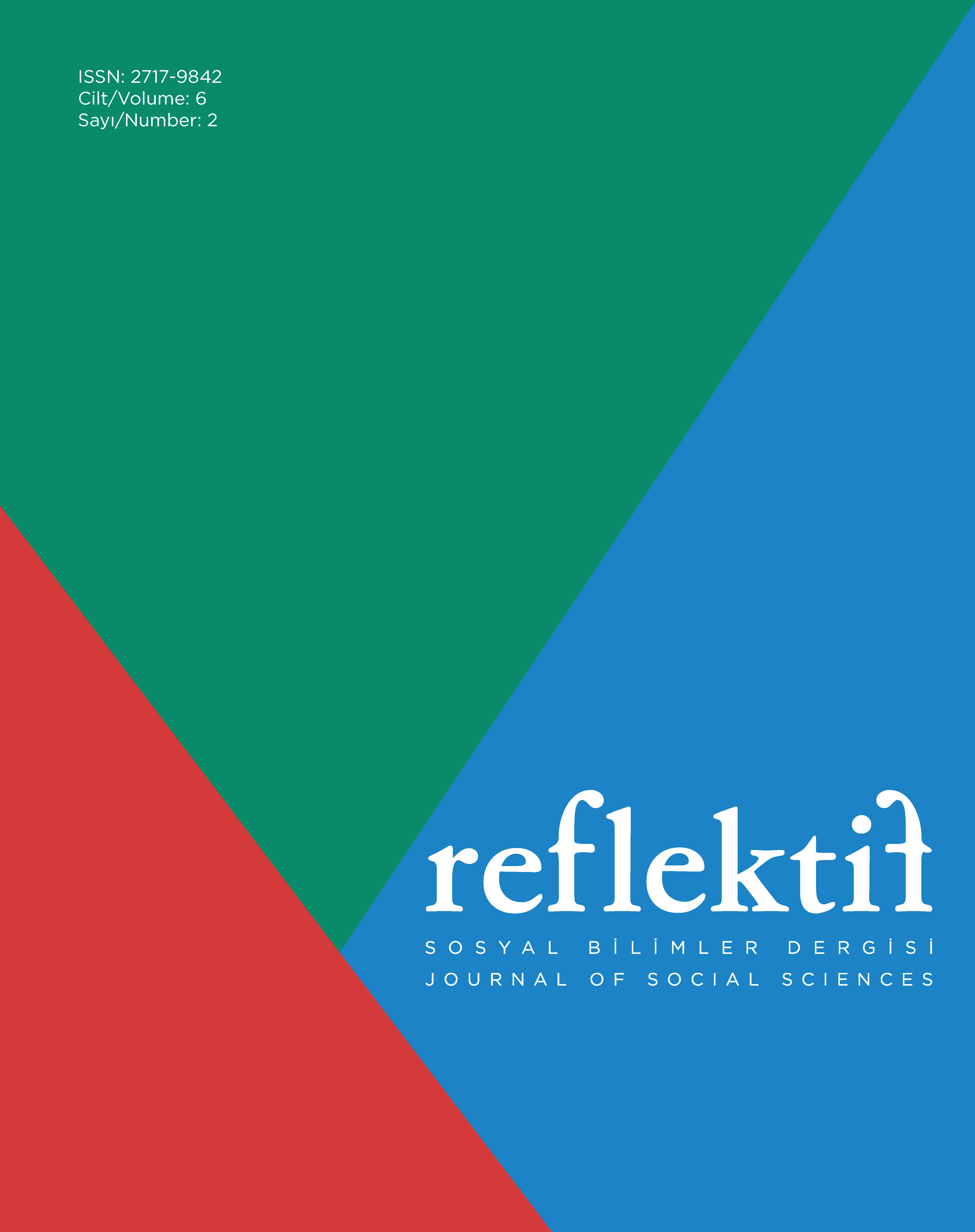An Intersectional Analysis of the Migration Experiences of Iranians in Ankara
DOI:
https://doi.org/10.47613/reflektif.2025.230Keywords:
Migration, Iranian, Refugees experience, Intersectionality, AnkaraAbstract
Migration and refugee issues have impacted many countries, with Turkey being among the most affected due to its Middle Eastern geopolitical position. This study examines the experiences of Iranian refugees in Ankara, shaped at the intersection of their diverse identity affiliations. In this context, it focuses on how the refugee experiences of Iranians residing in Ankara are shaped by their ethnic, gender, class, refugee, and foreign identities. Accordingly, in-depth face-to-face interviews were conducted with a total of 10 Iranian refugees—five men and five women—who migrated to Turkey after 2009 and who ethnically identify as Azeri-Turk, Kurdish, or Persian. The study reveals that Iranian refugees in Ankara experience multidimensional exclusion, particularly due to their foreign and refugee identities, as well as their ethnic, gender, and class identities, which intersect to further marginalize them. In response to these overlapping discrimination processes, Iranian refugees adopt strategies such as ‘identity concealment’ as a means of coping.
Downloads
Published
How to Cite
Issue
Section
License
Copyright (c) 2025 Saeid Mozafari

This work is licensed under a Creative Commons Attribution-ShareAlike 4.0 International License.
All manuscripts which are submitted to the REFLEKTIF Journal of Social Sciences should not be published, accepted and submitted for publication elsewhere.
In case an article is accepted for publication it is allowed to combine the article with other researches, to conduct a new research on the article or to make different arrangements on condition that the same license is used including the commercial purpose.
As an author of an article published in REFLEKTIF Journal of Social Sciences you retain the copyright of your article and you are free to reproduce and disseminate your work.




